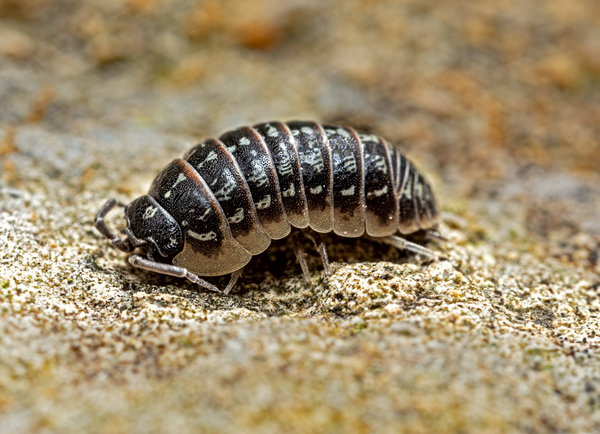If you're a betta fish owner, a beginner enthusiast of the aquarium hobby, or simply a pet lover considering these unique creatures for your next addition, this detailed guide is your go-to reference for providing premium care to your betta fish. You'll learn everything from setting up the perfect betta fish habitat to ensuring their health, wellness, and enjoyment.
Introduction to Betta Fish
Betta fish, also known as Siamese fighting fish, are celebrated for their vibrant colors and flowing fins. Native to the rice paddies and shallow waters of Southeast Asia, bettas are labyrinth fish, which means they have the unique ability to breathe oxygen from the air as well as through their gills. They are solitary by nature and the males, in particular, are fiercely territorial. Here's how to make the transition from their dynamic natural setting to the tranquility of your home.
Setting Up the Perfect Betta Fish Tank
Creating the right home environment for your betta is the first step to successful care. Follow these essential steps:
Tank Size and Shape
Betta fish require space to swim and explore, contrary to the myth of the "betta fish bowl." A tank of at least five gallons is recommended, with a longer shape rather than a tall one, as this provides more surface area for oxygen exchange and swimming space.
Equipment Checklist
- Filtration: A gentle, slow-flow filter is best. Betta's long fins are delicate, so avoid filters that create strong currents.
- Heater: Bettas need a water temperature between 75-82°F. A heater with a thermostat is critical to maintaining a stable, tropical climate.
- Lighting: Betta fish don't have specific lighting requirements, but a natural day-night cycle can be achieved with a timer.
- Substrate: Gravel or sand serves as the tank bottom to anchor plants and provide a more natural setting.
- Decor: Include silk or live plants, caves, and driftwood to offer shelter and hiding places.
Acclimatization
Bettas are sensitive to sudden environmental changes. When introducing them to their new tank, allow the water in their transport bag to equalize with the tank water over a period of hours.

Water Quality Management
The most critical aspect of betta care is water quality. Here's how to keep it just right.
Cycling Your Aquarium
Before adding your betta, establish a beneficial bacteria colony in the filter to break down harmful ammonia. This can be done through a process known as cycling, which typically takes a few weeks.
Regular Testing and Maintenance
- Ammonia and Nitrites: Test water weekly for these toxic compounds. In a cycled tank, levels should be at zero.
- Nitrates: Keep these under 40 ppm. Regular partial water changes help maintain this level.
- pH: Aim for a slightly acidic to neutral pH of 6.5-7.5.
- Water Changes: Replace 25-50% of the water bi-weekly or as needed to maintain stable water parameters.
Feeding and Nutrition
A balanced diet is crucial to your betta's health.
- Betta Pellets: High-quality betta-specific pellets should be the staple of your betta's diet.
- Live and Frozen Foods: Offer occasional treats of bloodworms, brine shrimp, or daphnia to supplement their diet with protein.
- Feeding Schedule: Feed small amounts once or twice a day. Betta fish are prone to overeating, which can cause health issues.

Health and Wellness
Ensuring a vibrant and active betta means being attuned to their well-being.
Common Disease Symptoms
Look out for loss of appetite, lethargy, fin rot, or unusual spots on their body. Swift action can prevent a minor ailment from becoming a major problem.
Preventative Measures
- Maintain Water Quality: Clean, warm, and well-oxygenated water is the foundation of health.
- Quarantine New Fish: Always isolate new arrivals to monitor for signs of illness.
- Balanced Diet: A nutritious diet goes a long way in keeping your betta healthy.
Interactions and Enrichment
Bettas are curious and can recognize their owners, making interaction a rewarding experience.
Handling
Avoid handling your betta as much as possible, as they can be stressed by being removed from the water.
Enrichment
- Plants and Décor: Structure your tank layout to provide ample hiding spots and visual barriers.
- Toys and Accessories: Bettas appreciate the occasional change in their environment, such as the addition of a new plant or toy.
Conclusion
Proper betta fish care is a balance of an ideal environment, nutrition, health management, and providing mental stimulation. By following the tips in each section, you'll ensure that your gorgeous betta friend not only survives but thrives in your care. Remember, responsible pet ownership is a long-term commitment, and the rewards of a healthy and happy betta are immeasurable.
.




